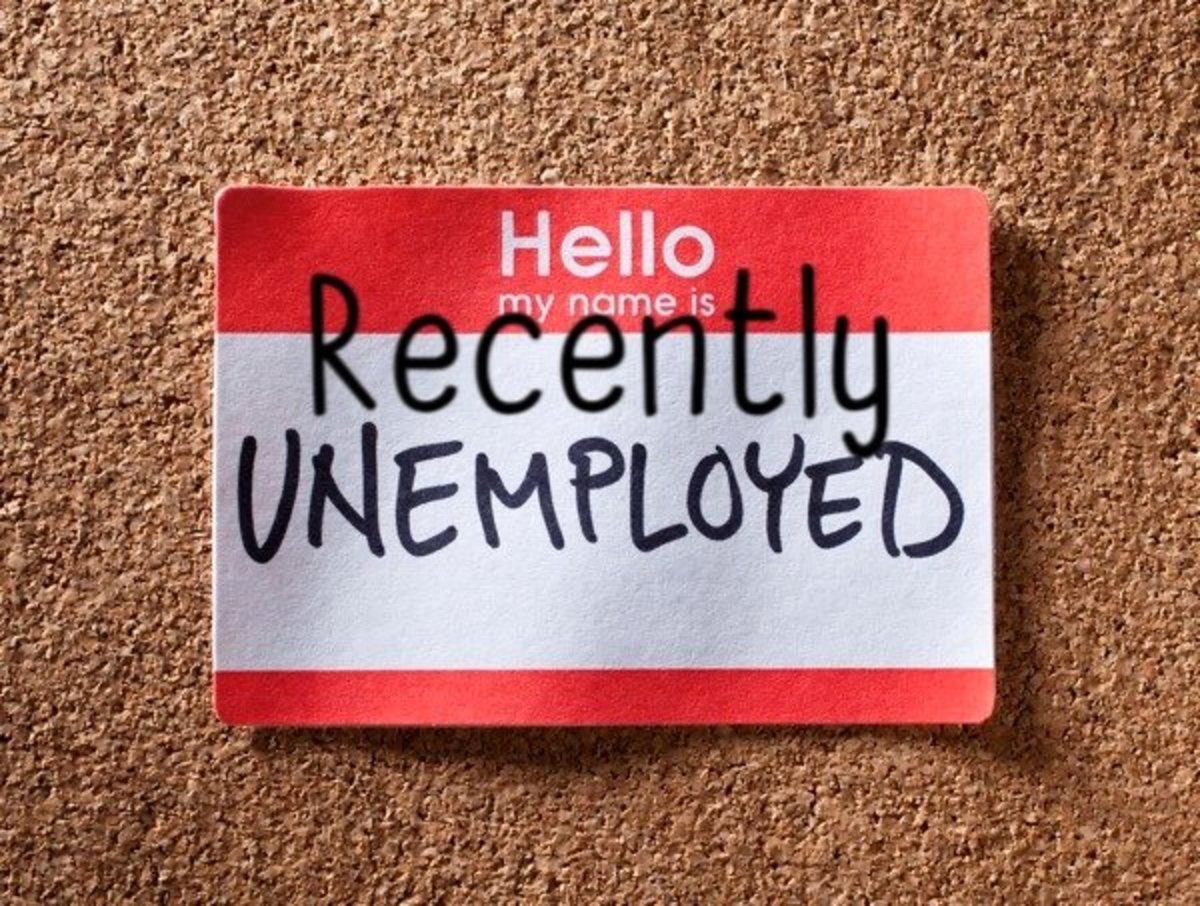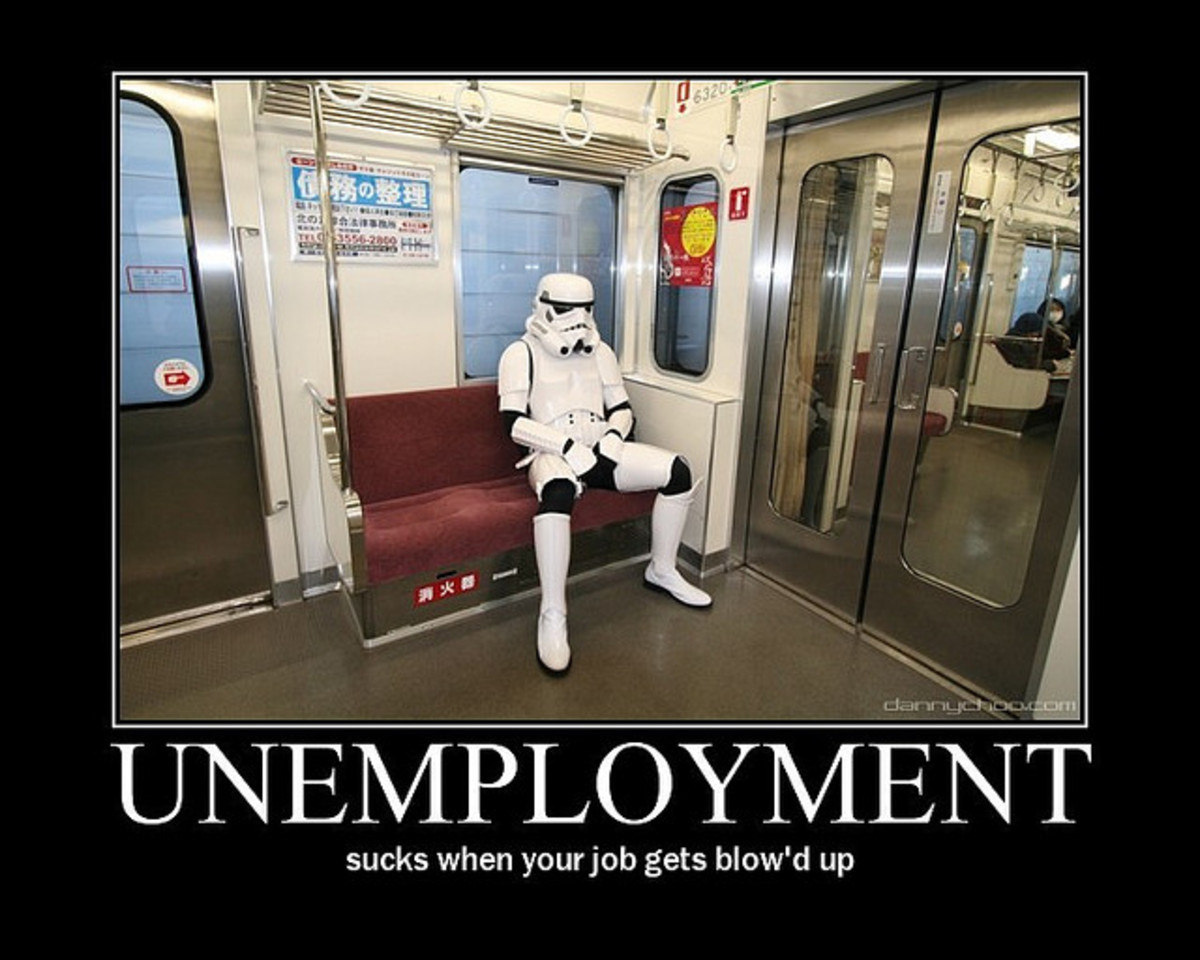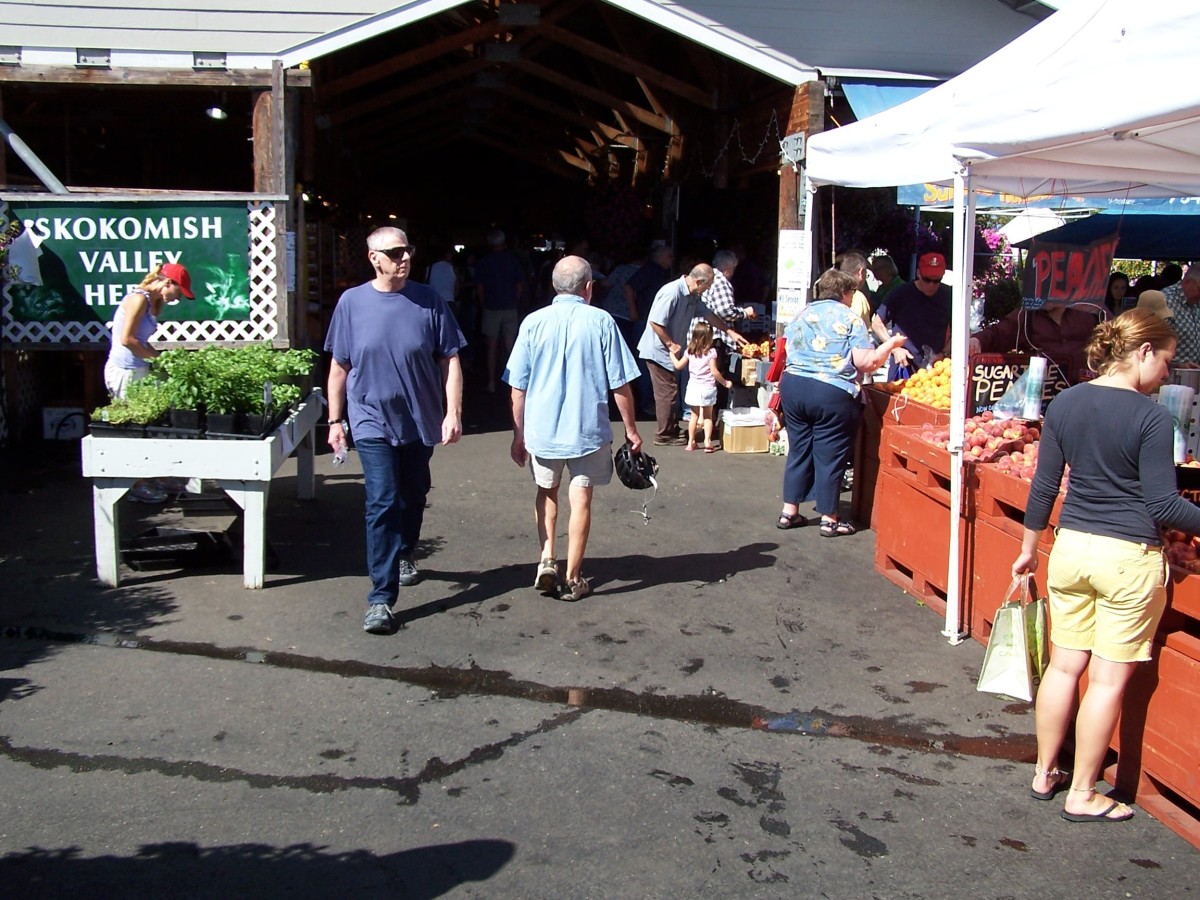The Jarrow Crusade: Hunger Unemployment and Red Ellen.
The Jarrow Crusade.
The first world war was over in 1918. Britain had suffered austerity through the 1920s and into the 1930s. Throughout the 30s there had been many marches against hunger, hardship and unemployment. None however caught the public attention as The Jarrow Crusade. This was to be a march, a march of 200 unemployed men and they were to march for 300 miles, from Jarrow in the north east of England, to London in the South East of England. The year was 1936.
Hunger and unemployment.
Unlike today, Jarrow was a place of hardship, unemployment, poverty and despair. Almost two thirds of the men in Jarrow were unemployed. The main employer was Palmer's Ship Yard. Due to economic conditions and the slump, Palmers had closed down. This was disasterous and something had to be done. They had to make the Government aware of the desperate situation the town was in. A year earlier in 1935 Jarrow elected a new Member of Parliament. Her name was Ellen Wilkinson, she was a very good orator and was known as 'Red Ellen'
At a town council meeting it was decided that there would be a march, the marchers would be a formal civic delegation. This gave the march a status en-route and ensured that food and shelter, as well as massive working class sympathy was there at every stop they made. Hundreds of men volunteered and two hundred were chosen. On October 5th 1936, the marchers received the blessing of the Bishop of Jarrow and the march began.
The March Begins.
A large crowd of wellwishers, supporters and tearful wives and families waved them off, all greatly relieved that at last something was being done. For the first 10 miles they were led by the mayor and mayoress. Thereafter they were led by 'Red Ellen' and councillor David Riley who had suggested making the march an official delegation.
Throughout the march they were met with open arms, the whole country was behind them. The national press got behind the men and support came from all sides. Marching to the music of Harmonicas, and with Banners waving in the breeze the men reached London on November 1st. The march had taken them 32 days, they were tired and blistered, but happy to have taken part in this momentous protest.
What Jarrow needed was the return of industry, particularly shipbuilding which had been it's lifeblood and they were hoping for a government contract to build warships.
After Their Arrival.
The day after their arrival they crowded the public gallery in the House of Commons to see 'Red Ellen' present a petition of 11,572 signatures to the house. What they saw was a debate which was inconclusive. We can only wonder at the despondency they must have felt at that time.
They were given tea and cakes and sympathy but nothing more. Having rested, they set off home by special train on 5th November and on arrival received a hero's welcome from the people of Jarrow.
The Bitter End.
There was something else they received as well. It was news that their unemployment pay had been cut, because they had made themselves unavailable for work.
Red Ellen.
Ellen Cicely Wilkinson was born on October 8th 1891. She was born into a working class family in Ardwick A district of Manchester. She had a strong Methodist upbringing and developed a strong social conscience early in life. She worked hard as a schoolgirl gained a scholarship and was able to enter The University of Manchester as a student to study history. She was small in stature but unafraid to speak her mind. Her views and oratory were admired by many who listened to her. She had blue eyes and the most fiery red hair, this along with her socialist views gained her the name of Red Ellen.
She was a founding member of the communist party in Britain, in 1920 but left the party in 1924 after being elected to Manchester City Council in 1923. In the 1924 General Election Ellen was elected to stand as the Member of Parliament for Middlesbrough East, a depressed iron and steel making area. She fought well for her constituents but lost her seat in the 1931 General Election. In 1935 she was elected to be the MP for Jarrow and in 1936 she organised The Jarrow Crusade. In 1939 she was to write a book entitled 'The town that was murdered' At the time of the crusade people were desperate for food let alone employment.
Private Life.
Although a public figure Ellen had a quite private life. She was linked with two men romantically, both were Labour MPs. First with John Jagger and then Herbert Morrison, himself a well known cabinet figure. Morrison was married but estranged from his wife. Ellen had a long term relationship with Morrison. Marriage was not an option and it is said that this left Ellen, disappointed. Ellen died of barbiturate poisoning in St Mary's Hospital in London on February 6th 1947 she was aged 55. She had suffered throughout her life with asthma and bronchitis which makes her achievements all the more significant. Officially she died of a heart attack brought on by an accidental overdose of barbiturates.

Jarrow The Town That Died
© 2012 Graham Lee








![Women in Short Skirts Are [Insert Opinion Here] Women in Short Skirts Are [Insert Opinion Here]](https://images.saymedia-content.com/.image/t_share/MTk5MTk2NjE2MjQ5Mzg2Mzk4/women-in-short-skirts.png)
